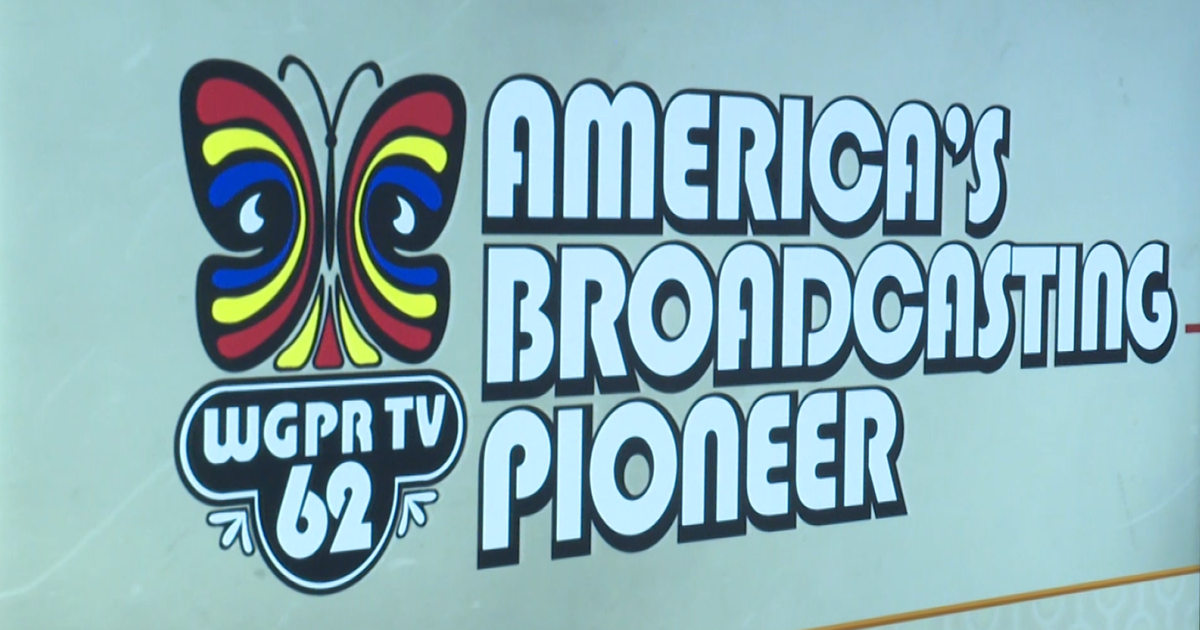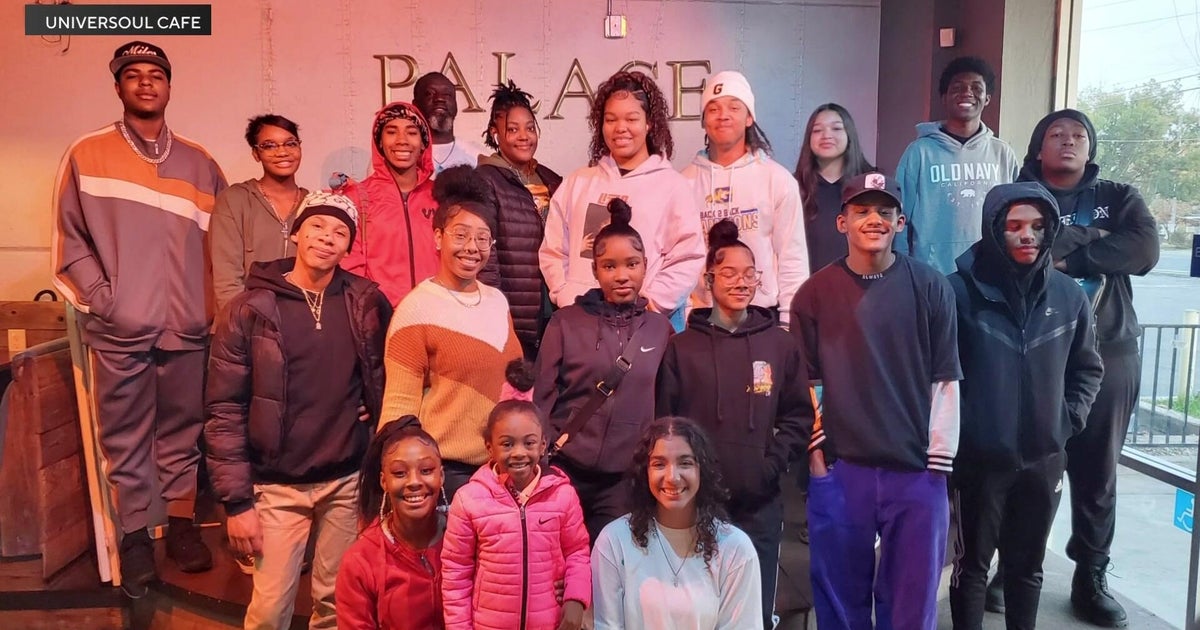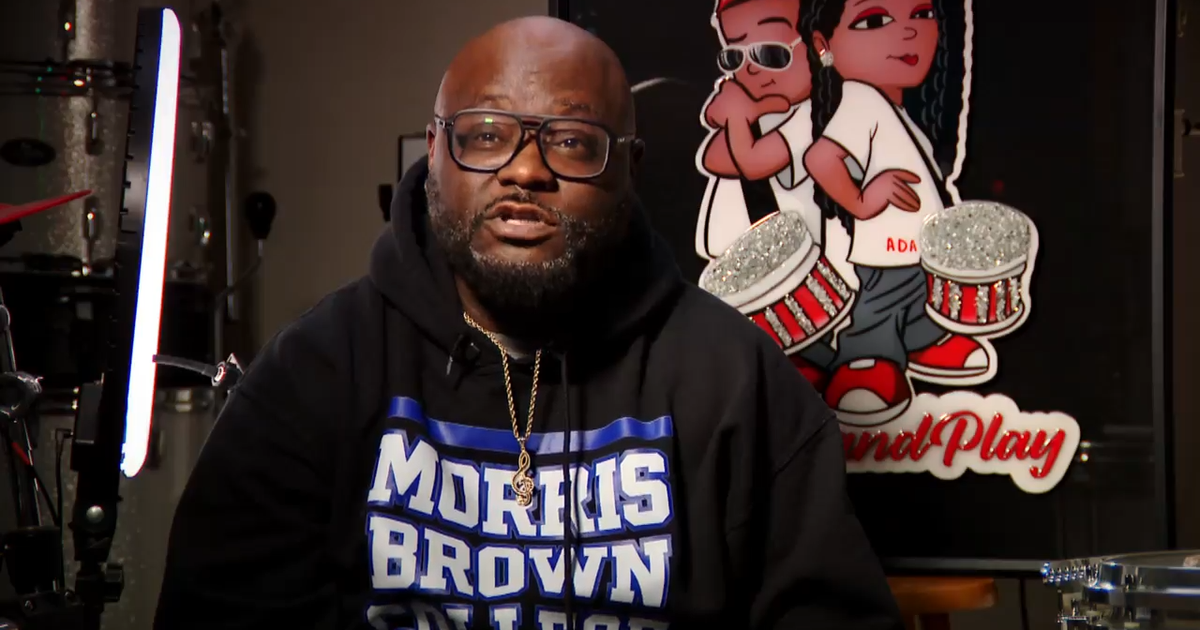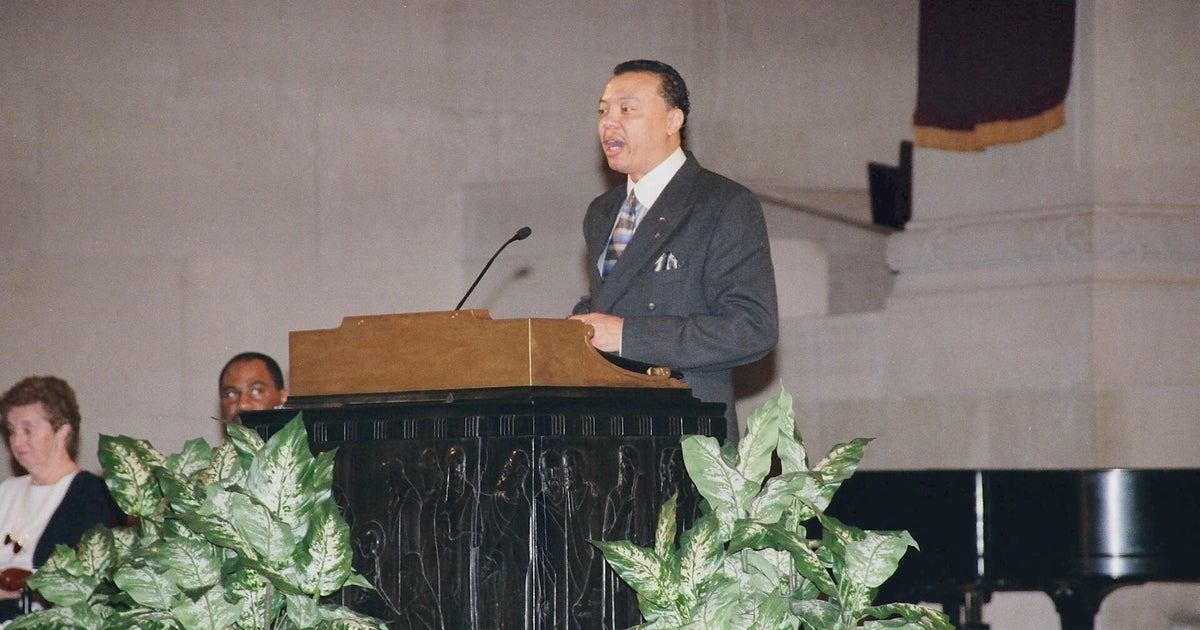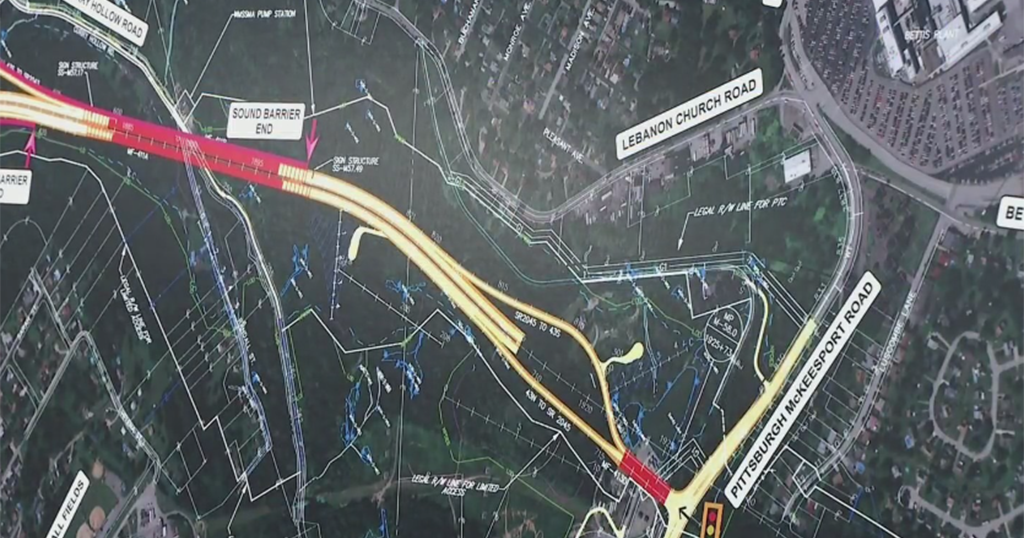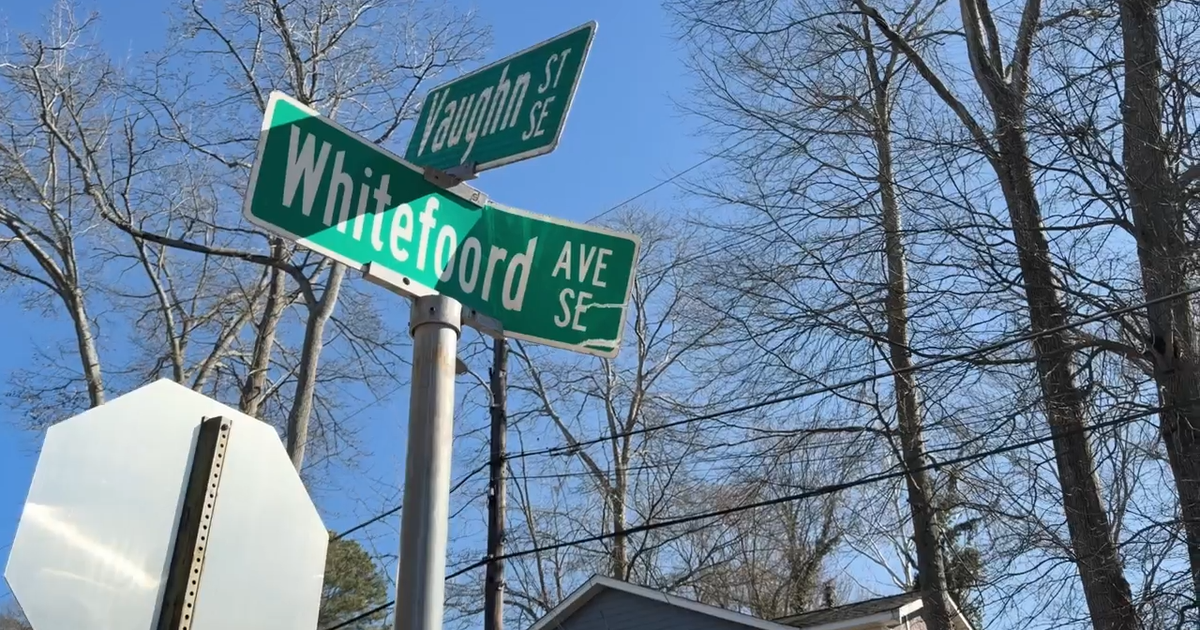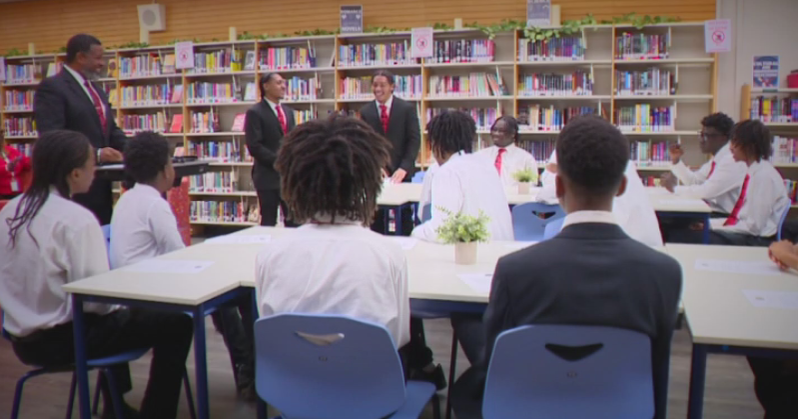Non-profit brings diversity to advanced math classes in Massachusetts schools
BRAINTREE - Did you like doing math in school? Many people didn't. But a non-profit in Massachusetts is increasing the number of students of color and low-income students in advanced level math classes.
The Calculus Project provides free tutoring resources to students who may not have the money to get outside help.
"I went in not liking it. I now love doing math I think that's just a product of the program," Matthew Nock, a senior in The Calculus Project told WBZ.
One student's journey
Nock has been involved with The Calculus Project for four years after his parents signed him up. The first two years he was a student and for the last two years he's been a teaching assistant. He now credits the program with helping him get into Harvard.
"I would recommend it to other students because I feel like not only does it help you with your math skills over the summer, it helps you to retain your math skills. I think it generates more enjoyment in such a subject that people tend to dislike," Nock explained.
He loves the teachers in the program. They've inspired him to pursue a mathematical degree track at Harvard. He's still shocked the program got him to enjoy doing math over the summer.
"I just loved it so much. I feel like the preparation it gives me and so many others are amazing and so beneficial. I feel like it was quite the transformation experience for my interests," he said.
When is The Calculus Project?
The Calculus Project program is offered after school and over the summer, teaching students the skills they need for higher-level classes in advance.
"Math was just an okay subject for me. I was okay at times but often times I did kind of struggle a bit," Logan Mims, another senior involved in The Calculus Project, told WBZ.
Now in AP Calculus, Mims recommends the program to students who learn best in groups, need extra support or if their regular class moves too fast. She started in middle school and has seen her skills improve through the summer and after-school program.
"I'm very proud and looking back at all the times that I would beat myself up over a test or struggle with homework, it's just great to see how I've grown," she said.
How The Calculus Project started
But she might be biased because her dad, former Brookline High math teacher Adrian Mims, started the program. He is the first generation in his family to go to college and went for a degree in mathematics. Eventually, he received his doctorate after wanting to figure out why so many students of color weren't taking advanced math classes at Brookline High.
"When I started working at Brookline in 1994, I always observed the great diversity of the student body but I didn't see that diversity in honor and advanced level math courses," Adrian Mims said.
Black students were dropping advanced math
He said 60-to-70 percent of students who identified as Black would drop down from the geometry honors class to geometry standard.
"When students were dropping down to geometry standard it was because it was a different way of thinking mathematically," he explained. So, to teach students how to think in a more mathematically advanced way, he started The Calculus Project. Pre-teaching the basic materials of advanced courses and creating a community. In one year after starting the program, the number of students who dropped down levels went to zero.
What is different about The Calculus Project?
"Students can learn math at a high level. Some students need more time, they need more supports and that's what The Calculus Project does. When the school year started, we would put them in the same honor advanced level math courses together to hone those skills of collaboration because they're already ahead of the game," Adrian Mims told WBZ.
They also create a community of belonging. He found that before The Calculus Project, many Black students would drop down a level, just to be with other students who looked like them.
"It's not just about learning math, it's also about building community and the students forming relationships. We cultivate those relationships and they're in the trenches together helping one other solve these very challenging math problems," he said.
How to get started
Families can get their children involved starting in middle school with a program that pairs students with UMass Boston students to start learning advanced math foundations.
"We give students the supports that they need to reach their highest potential in math," Adrian Mims said.
Since 2009, The Calculus Project has served more than 15,000 students in 10 Massachusetts school districts, Florida and Texas. For more information, visit their website.
